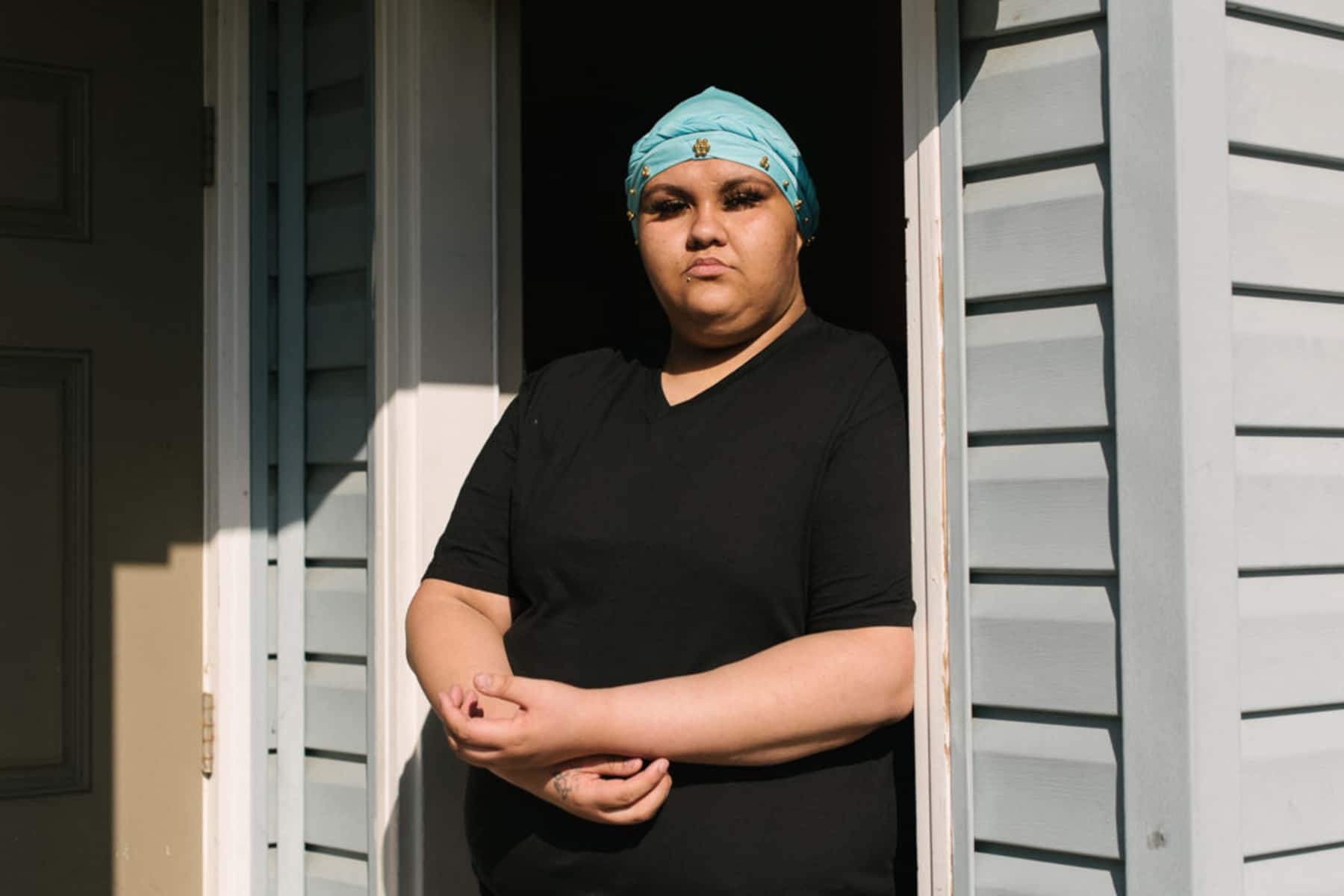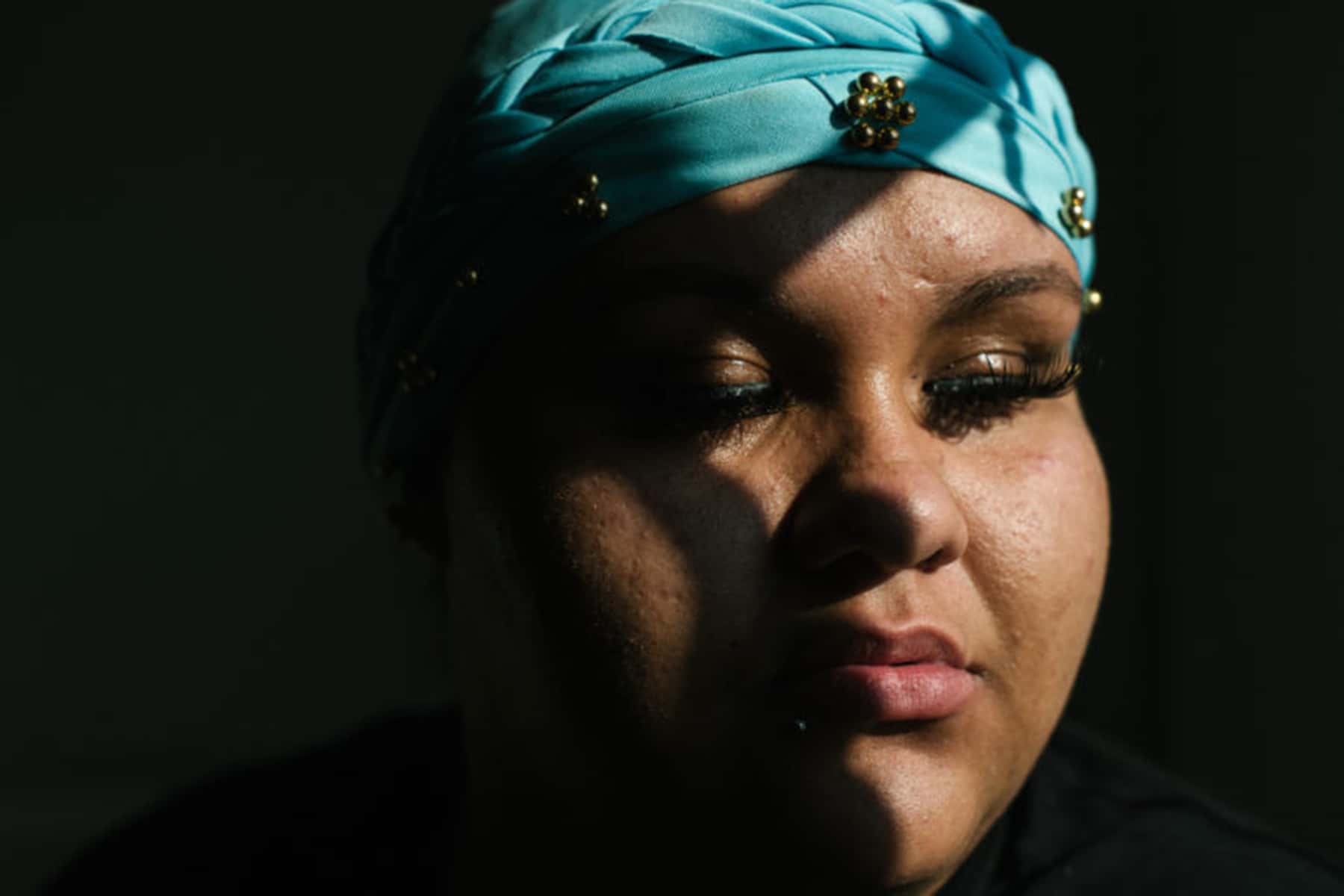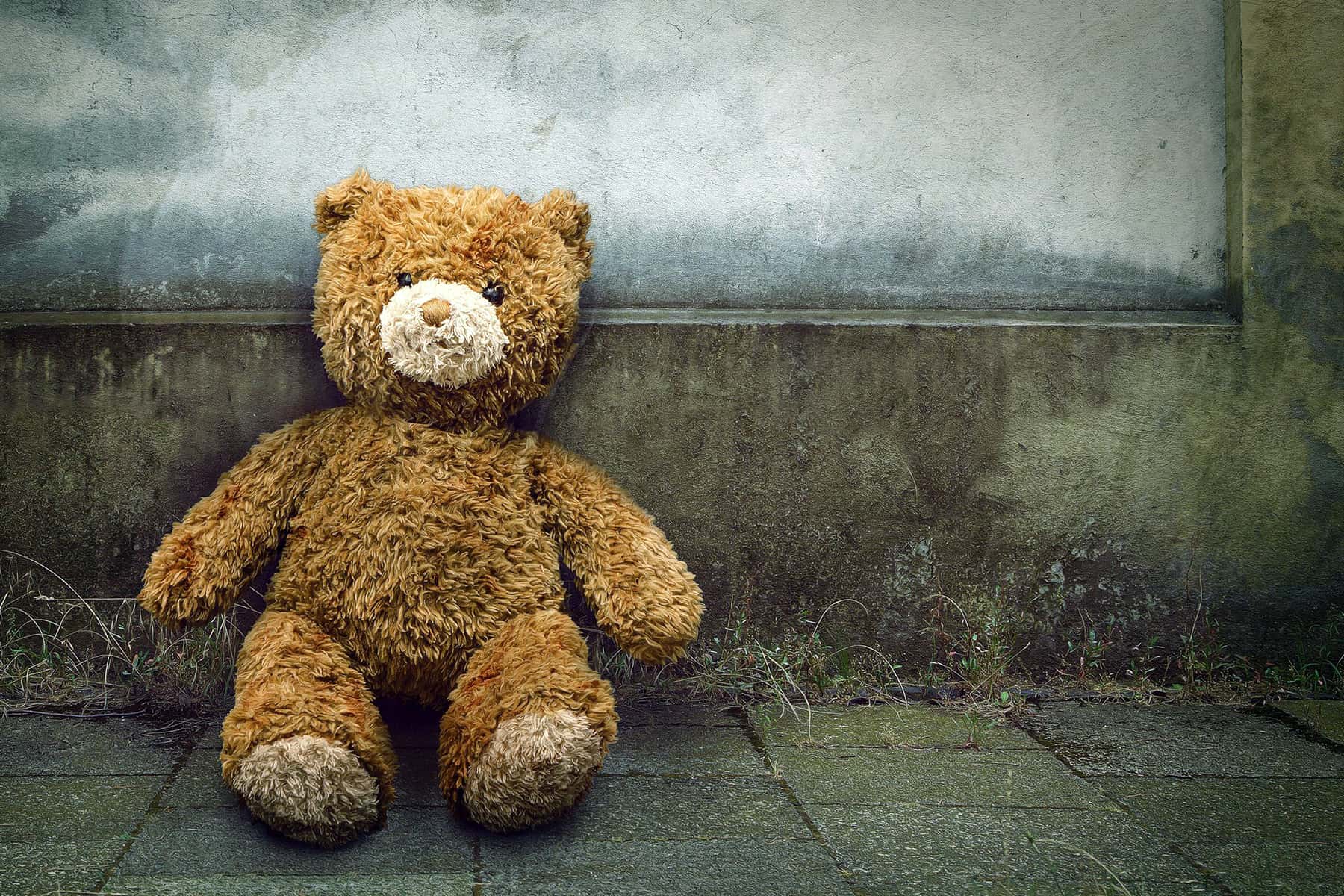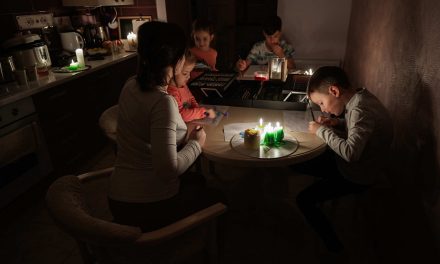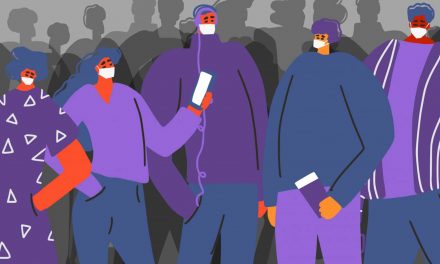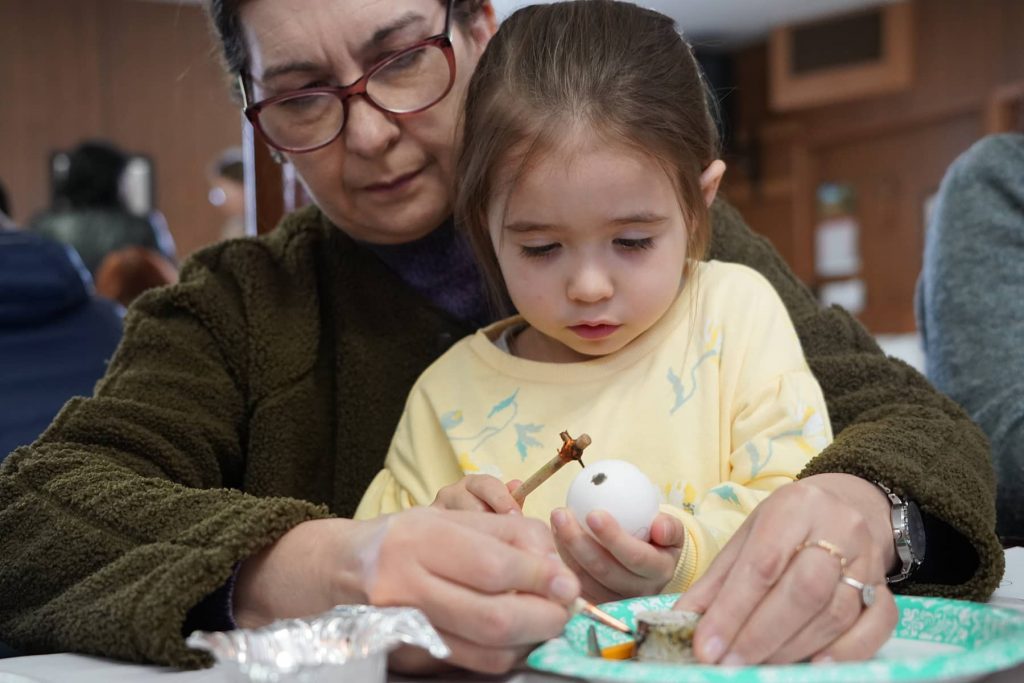
Many options for Milwaukee’s vulnerable youth house people involuntarily. They include group homes and detention centers where authorities place youths who get into trouble.
That reinforces a stigma around homelessness that prevents some youths from telling anyone about their challenges, youth advocates say.
“Most youth don’t want to be found because there are so many implications to being found. They could end up in a group home. They could get wrapped up in the system, or they could end up in the same unsafe space that they ran away from,” said Audra O’Connell, executive director of Walker’s Point Youth and Family Center, a nonprofit that provides services to young people who are runaways, homeless or face other obstacles.
That leads authorities to undercount homeless youth, limiting resources to serve them.
“Because so many of our youth don’t report homelessness, there is no funding out there for them. We can’t track what’s not reported,” said Sharlen Moore, co-founder of Youth Justice Milwaukee, which advocates for restorative justice programs as an alternative to youth prisons.
Sanchez avoided being swallowed by the criminal justice system. Though she dealt with the police escorts from her school, those brushes with authority didn’t escalate. But experts say homelessness can put young people on a more precarious path.
Something as small as having a fight in school can lead a minor to be assigned a caseworker or even entered into the court system, said O’Leary, the youth advocate in Milwaukee. Not having a guardian can make matters worse.
“If you have a parent, they can come and advocate for you, and you may just get a ticket,” she added. “But if you are not staying at home, they consider you a greater risk factor, and they send you to court.”
Some young people, meanwhile, break the law on purpose just to find a place to sleep, said DeShanda Williams, director of homeless and runaway services at Pathfinders Milwaukee, which offers services for youths in crisis.
But many who enter the criminal justice system struggle to escape its grip. One in three youths released from detention committed a new offense within the next year, according to a 2014 Department of Corrections report.
Seeking solutions
Milwaukee offers drop-in shelters, group counseling, health services and housing resources to young people, but many are geared at specific demographics — those who are pregnant, have a criminal record or are a victim of sex trafficking, for instance.
“The problem isn’t necessarily that the city doesn’t have resources, because we do,” Williams said. “The problem is that most of these organizations work on grants, and these grants are meant to target certain groups, and the youth don’t always fit into those groups.”
The Wisconsin Legislature last year sought to ease one restriction. Act 22, introduced by 19 bipartisan Assembly lawmakers, allows unaccompanied 17-year-olds to enter shelters or transitional living programs — even if they are not already being supervised by a social service agency.
“No kid should have to worry about where they are going to sleep at night, but the reality is that there are thousands of homeless and unaccompanied kids across our state,” Evers, a Democrat, said in a statement when signing the bill into law.
O’Leary called the bill a positive step in helping homeless youth, but said larger systemic changes are needed — such as larger investment in more transitional living programs. Such programs house young people for longer periods of time and connect them with services to find more permanent options.
In its 2017 report, the Wisconsin Interagency Council on Homelessness recommended that the state consider ways to expand access to “host homes” — in which families would volunteer to house young people for various lengths of time. “Typically, a community network works with a service provider to recruit hosts, train host families, provide case management to youth, and connect the youth” to services through a local school district, the report said.
Such programs differ from foster care, because the youths also participate voluntarily.
The La Crosse-based Family and Children’s Center, a regional nonprofit, runs a host homes program that serves some of the roughly 200 reported homeless teens in La Crosse. “The program aims to prepare youth to leave the program and be ready for an independent living situation and be able to fully participate in the community,” the nonprofit said in its 2018 annual report.
Sanchez wishes she had access to that type of program during her years in Milwaukee. After graduating from high school, she scraped together money for a plane ticket to New Jersey, where she found a job at the clothing company, FILA, and lives with her mother. The situation isn’t perfect, but it’s much more stable than her recent years in Milwaukee, Sanchez said.
“You get to a place where you’re going through so much,” she said. “You aren’t afraid to beg anymore. Some nights are just so cold.”
Princess Safiya Byers and Francisco Velazquez
Hannah Yoon
The nonprofit Wisconsin Center for Investigative Journalism collaborates with Wisconsin Public Radio, Wisconsin Public Television, other news media and the UW-Madison School of Journalism and Mass Communication. All works created, published, posted or disseminated by the Center do not necessarily reflect the views or opinions of UW-Madison or any of its affiliates.

